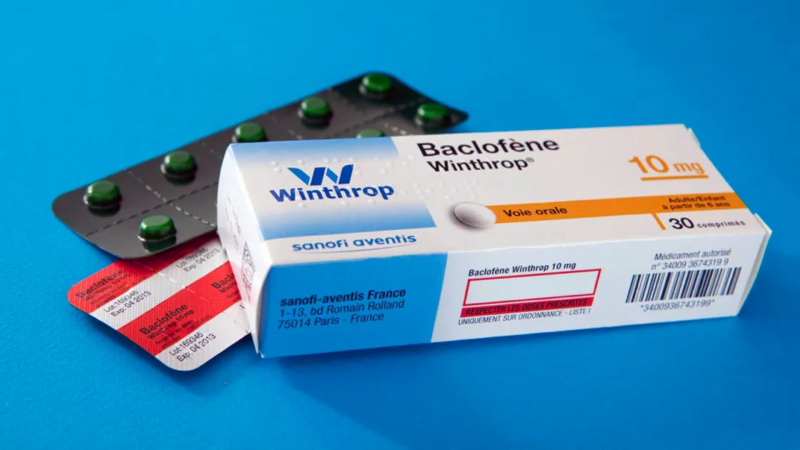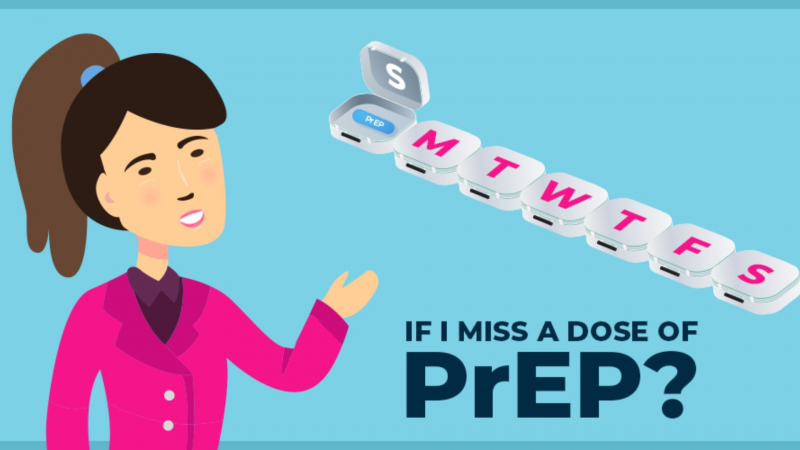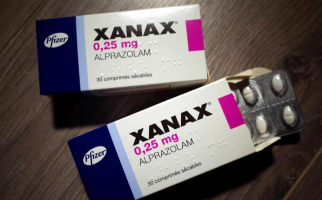Top 9 Things to Know About Baclofen
Baclofen drug containing the active ingredient Baclofen is indicated in the treatment of spasticity, recurrent sequelae in chronic disorders such as multiple ... read more...sclerosis, spinal cord injury, and cervical spondylosis. Learn about the uses, dosage, and warnings when using Baclofen through the article below.
-
Baclofen is a muscle relaxer and an antispasmodic agent.
Baclofen is used to treat muscle pain, spasms, and stiffness in people with multiple sclerosis or spinal cord injury or disease.
Baclofen is given intrathecally (directly into the spinal cord) or orally (by mouth).

Banyan Treatment Center Medical Videos's Channel -
Before you begin taking baclofen, and each time you get a refill, read the Patient Information Leaflet if it is available from your pharmacist. If you have any concerns, consult your doctor or pharmacist.
Take this medication by mouth, with or without food, three times per day, as directed by your doctor. To reduce the possibility of side effects, your doctor may advise you to begin this medication at a low dose and gradually increase it. Follow your doctor's instructions exactly.
If you are taking this medication in liquid form, carefully measure the dose with a special measuring device/spoon. If you use a regular spoon, you may not get the correct dose. Shake the bottle thoroughly before each dose if your liquid form is a suspension.
If you are taking this medication in the form of granules, gently shake the packet before use. Open the packet and put the entire contents into your mouth before swallowing. If necessary, drink water after swallowing the granules. You can also combine the contents of each packet with one tablespoon (15 mL) of soft food or liquid (such as yogurt, applesauce, pudding, milk, or apple juice). Take the entire mixture within 2 hours of mixing. If you're using more than one packet, mix each one with a different amount of soft food or liquid.
The dosage is determined by your medical condition as well as your response to treatment. Do not increase your dose or take it more frequently than recommended.
To get the most out of this medication, take it on a regular basis. Take it at the same time every day to help you remember. Do not discontinue this medication without first consulting your doctor. When this medication is abruptly discontinued, some conditions may worsen. If you stop taking this medication abruptly, you may experience withdrawal symptoms (such as hallucinations and seizures). To help prevent withdrawal, your doctor may gradually reduce your dose. Withdrawal is more likely if you've been taking baclofen for a long time or at high doses. If you experience withdrawal symptoms, contact your doctor or pharmacist right away.Inform your doctor if your condition does not improve or worsens.

iStock 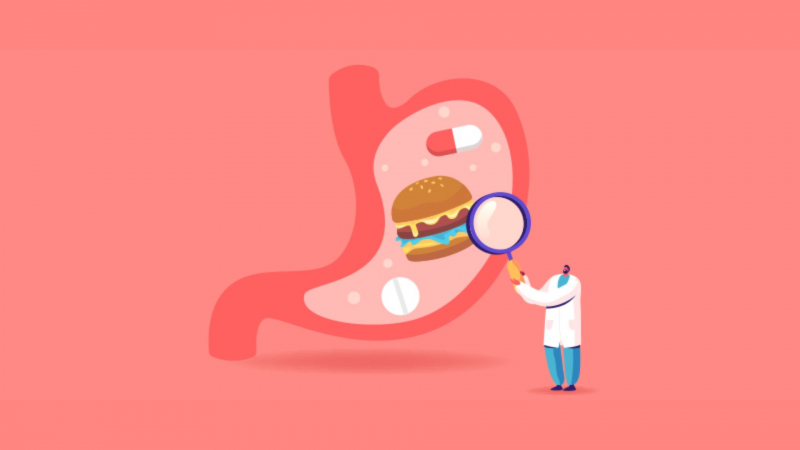
BuzzRx -
Drowsiness, dizziness, weakness, tiredness, headache, difficulty sleeping, nausea, increased urination, or constipation are all possible side effects. Inform your doctor or pharmacist right away if any of these effects persist or worsen.
Remember that your doctor has prescribed this medication because the benefit to you outweighs the risk of side effects. Many people who take this medication have no serious side effects.
Notify your doctor right away if you experience any serious side effects, such as mental/mood changes (such as confusion, depression, hallucinations).
It is uncommon for this drug to cause a severe allergic reaction. However, seek medical attention immediately if you notice any of the following symptoms of a severe allergic reaction: rash, itching/swelling (especially of the face/tongue/throat), severe dizziness, or difficulty breathing.
This is not an exhaustive list of potential side effects. Contact your doctor or pharmacist if you notice any other side effects not listed above.
In the United States, contact your doctor for medical advice about side effects. You can report side effects to the FDA by calling 1-800-FDA-1088 or visiting www.fda.gov/medwatch.
In Canada, contact your doctor if you are experiencing side effects. You can contact Health Canada at 1-866-234-2345 to report side effects.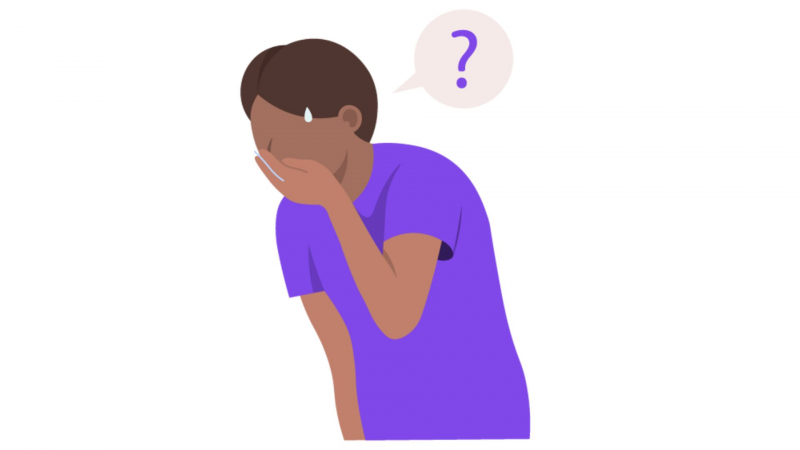
Buoy Health 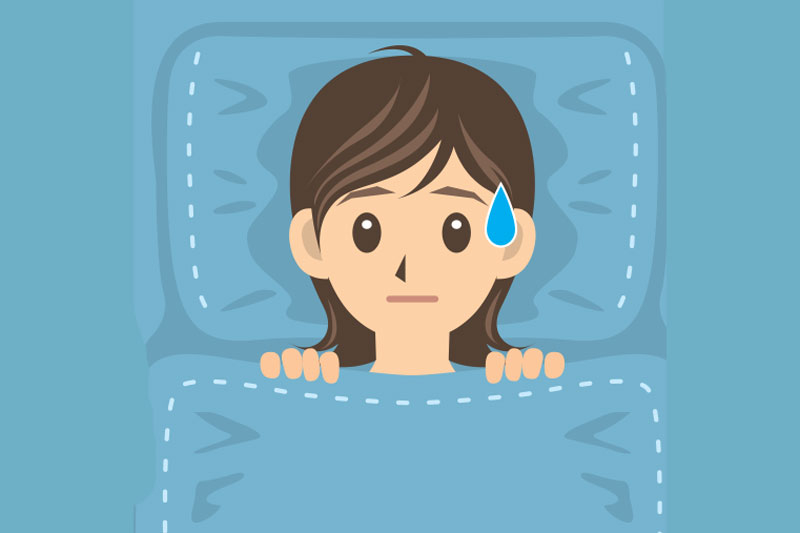
WMCHealth -
Tell your doctor or pharmacist if you are allergic to baclofen or if you have any other allergies before taking it. Inactive ingredients in this product may cause allergic reactions or other problems. For more information, consult your pharmacist.
Inform your doctor or pharmacist about your medical history, particularly if you have kidney disease, mental/mood disorders (such as schizophrenia), or brain disorders (such as seizures, or stroke).
This medication may cause dizziness or drowsiness. You may become dizzy or drowsy if you consume alcohol or marijuana (cannabis). Do not drive, operate machinery, or do anything else that requires alertness until you are sure you can do it safely. Consume no alcoholic beverages. If you use marijuana, talk to your doctor (cannabis).
Inform your doctor or dentist about all of the products you use before having surgery (including prescription drugs, nonprescription drugs, and herbal products).
Older adults may be more sensitive to the drug's side effects, particularly drowsiness and mental/mood changes (such as confusion).
This medication should be used only when clearly necessary during pregnancy. Consult your doctor about the risks and benefits. Babies born to mothers who used this drug during pregnancy may experience withdrawal symptoms such as tremors or seizures in rare cases. If you notice any of these symptoms in your newborn, contact your doctor immediately.
This medication is excreted in breast milk. Before you start breast-feeding, talk to your doctor.

ReNue Rx 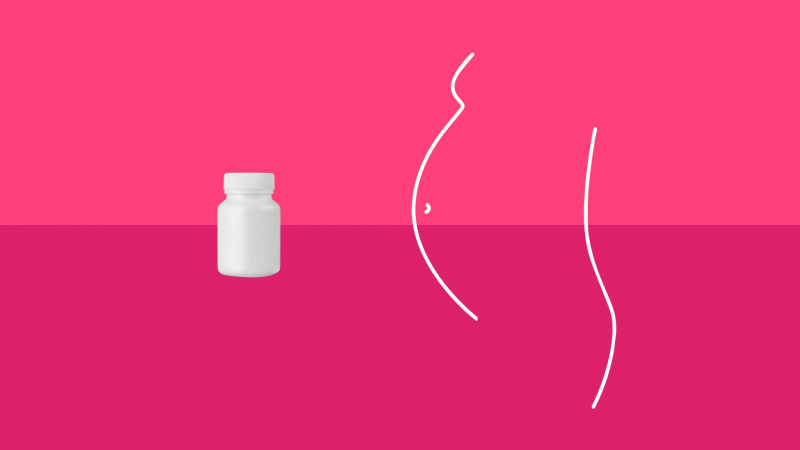
SingleCare -
Drug interactions can alter the way your medications work or put you at risk for serious side effects. This document does not include every possible drug interaction. Maintain a list of all the products you use (including prescription and nonprescription drugs, as well as herbal supplements) and share it with your doctor and pharmacist. Do not start, stop, or change the dosage of any medications without first consulting your doctor.
Inform your doctor or pharmacist if you are taking any other drowsy medications, such as opioid pain relievers (such as codeine, hydrocodone), alcohol, marijuana (cannabis), sleep or anxiety medications (such as alprazolam, lorazepam, zolpidem), muscle relaxants (such as carisoprodol, cyclobenzaprine), or antihistamines (such as cetirizine, diphenhydramine).
Check the labels of all your medications (such as allergy or cough-and-cold remedies) because they may contain drowsy ingredients. Inquire with your pharmacist about how to use those products safely.

Heart Support Australia 
Burt's Pharmacy -
Call 911 if someone has overdosed and is experiencing serious symptoms such as passing out or difficulty breathing.
Otherwise, contact a poison control center immediately. Residents in the United States can contact their local poison control center at 1-800-222-1222. Residents of Canada can contact a provincial poison control center. Overdose symptoms may include vomiting, severe drowsiness, slow/shallow breathing, and seizures.

GoodRx 
People.com -
This medication should be stored at room temperature, away from light and moisture. Keep out of the bathroom. Keep all medications out of the reach of children and pets.
If you're taking this medication in liquid form, first determine whether it's a suspension or not. If your liquid is a suspension, store it at room temperature for two months and discard any unused portion. If your medication is not a suspension, keep it in the refrigerator in a tightly closed container away from light. If you have any questions about your dosage form, speak with your pharmacist.
Unless otherwise directed, do not flush medications or pour them down the drain. When this product has expired or is no longer needed, properly dispose of it. Consult your pharmacist or a waste disposal company in your area.

St. Bernard Drugs 
Prescription Hope










